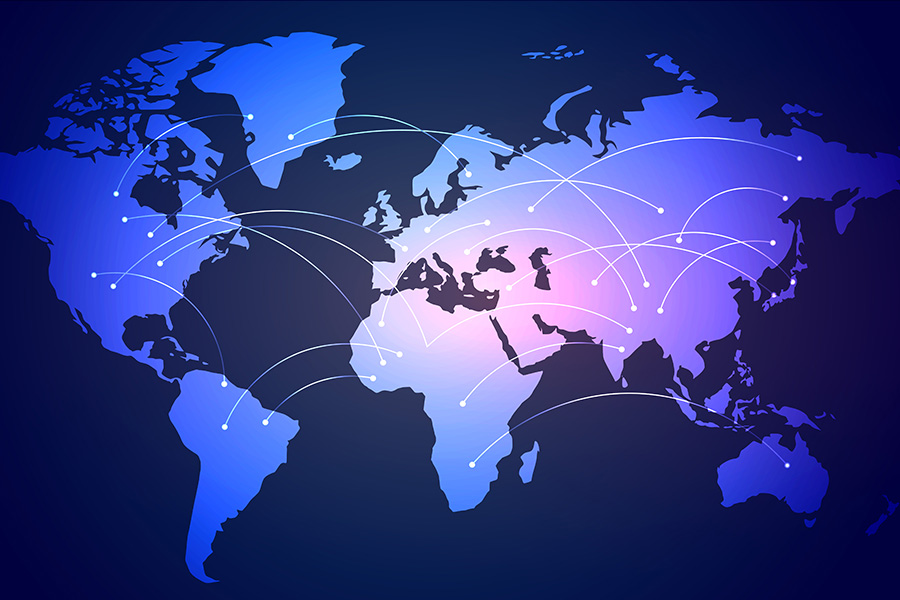
China in the 21st century is synonymous with ‘weaponisation of trade’.
Author
Sriparna Pathak, Associate Professor, Chinese Studies and International Relations, Jindal School of International Affairs, O.P. Jindal Global University, Sonipat, Haryana, India.
Summary
Avoiding wars of the scale of the two world wars has been a central concern of international politics. Theories, laws, norms, mechanisms, international and regional organisations that were created in the immediate aftermath of World War II, all tried to ensure that the devastation that was witnessed in the two world wars never gets repeated.
The concept and theories of the usage of trade and economic ties to create mutual dependence between states, thereby ensuring they do not go to war with each other gained a lot of traction. Owing to the rapid increases in the flows of globalisation, mutual dependencies increased between States.
However, given the peculiar nature of international politics, states soon found a way out to leverage even the tool of trade to extract advantages only for themselves while inflicting damages on the other party to the trade. In this practice of illiberal trade, it is used by States as a tool of coercion to achieve strategic influence, and trade becomes an instrument of foreign policy.
The other party to the bilateral trade with the party engaging in illiberal trade practices or weaponisation of trade, becomes so dependent on trade that it often gets forced to acquiesce to the political and strategic demands made by the aggressor, or suffers a lack of access to the goods and services it is dependent on–which emerge from the belligerent party.
Published in: Hindustan Times
To read the full article, please click here.

